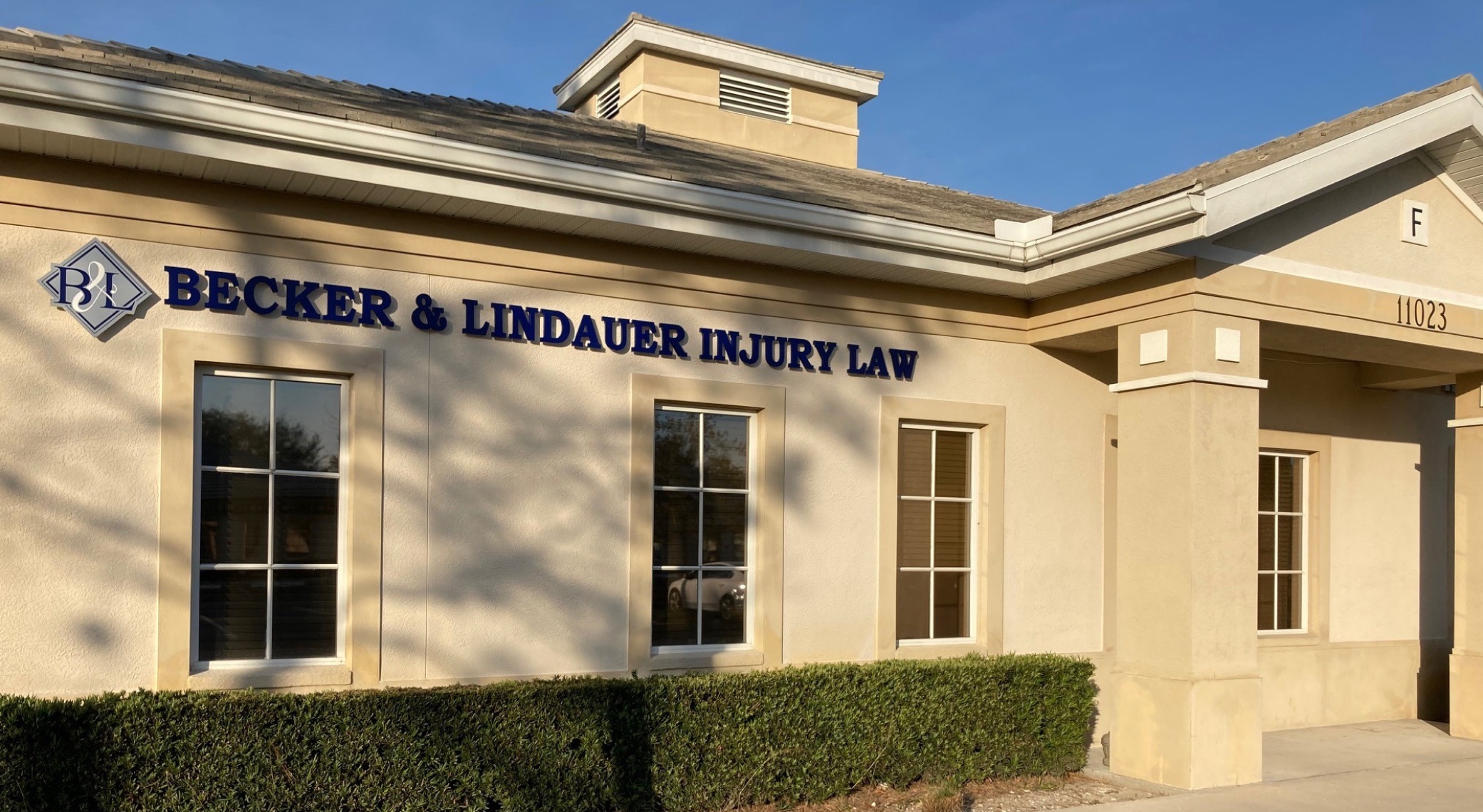Determining fault in a personal injury case can be more complicated when adverse weather conditions are involved. Although inclement weather is rarely the sole cause of an accident, it can create dangerous conditions that lead to accidents and injuries. If you have been injured in an accident due to bad weather conditions, it’s in your best interest to contact our Bradenton Personal Injury Lawyers, who can help you fight for the justice you deserve. Please continue reading to learn how weather conditions can impact personal injury liability in Florida.
How Does Adverse Weather Impact Personal Injury Liability?
Florida’s diverse weather patterns can significantly impact personal injury liability. For instance, rain can reduce visibility and traction, making it more difficult for motorists to control their vehicles. This can lead to accidents such as rear-end collisions, skidding, and hydroplaning. When it comes to liability in these situations, it often hinges upon whether the motorist exercised reasonable care given the weather conditions. This may involve factors like driving at a safe speed, maintaining a safe following distance, and turning headlights on.
Similarly, fog can impair visibility, increasing the risk of collisions. Motorists are expected to exercise caution in these conditions, whcih may include slowing down, using fog lights, and being prepared to stop if necessary. Failure to do so could result in a finding of negligence if a collision occurs. Other weather conditions, such as extreme heat, can also contribute to accidents. For example, heat can cause tires to blow out.
How is Fault Determined in Weather-Related Accidents?
Determining fault in adverse weather conditions can be challenging due to various contributing factors. It’s not uncommon for both motorists to share some degree of responsibility. In some cases, a third party, such as a municipality responsible for road maintenance, could also be partially liable for a collision.
When pursuing compensation, fault is apportioned between the parties involved based on their respective contributions to the accident. Florida is a modified comparative negligence state, meaning injured parties can still recover damages even if they have contributed to the cause of the accident, however, their recovery is reduced by their percentage of fault. If a party is found to be more than 50% at fault, they will face the absolute bar of recovery.
Given the complexities involved, it’s essential to seek legal guidance. An experienced personal injury attorney can help you navigate the intricacies of the case, safeguard your rights, and advocate for fair compensation. Even if adverse weather was a contributing factor, motorists are still expected to exercise reasonable care while behind the wheel and adapt their driving behavior to the conditions. Taking the necessary precautions and driving responsibly can significantly reduce the risk of car accidents.
If you have been injured in a weather-related accident, you may be entitled to compensation for your damages. At Becker & Lindauer, LLC, we are prepared to help you fight for the justice you deserve. Connect with our firm today for more information.



